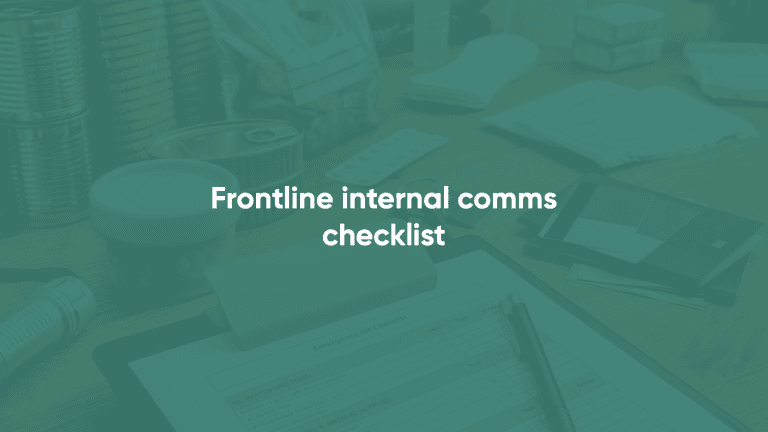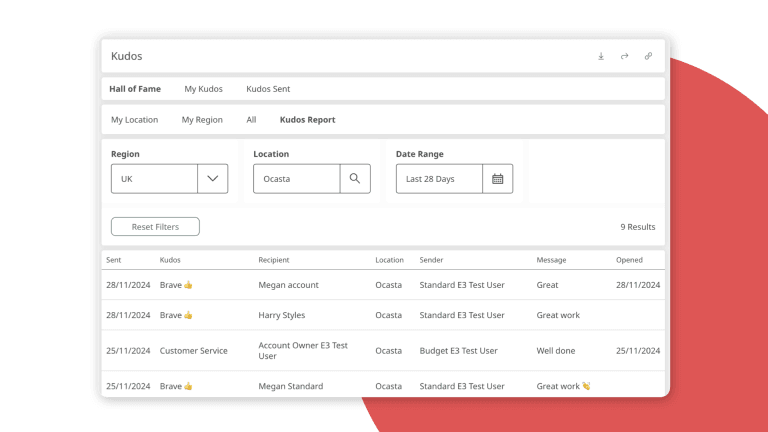
Sometimes poor employee engagement is down to poor management. The frustration, stress and unhappiness of dealing with bad management can deteriorate engagement over time. There are usually certain habits which you can spot, so if you recognise any of the points mentioned below, it is important to act as fast as possible to change them.
1. Negative – Managers who regularly make negative remarks and always recognise employees for their mistakes or downfalls, rather than their successes or achievements. Management should try to be encouraging rather than hostile and should make sure they always balance a bad point with a good point to maintain motivation.
2. Egotistical – The manager with an inflated sense of their own importance, they think their ideas, processes and initiatives are better than anyone elses and believe that they are superior to others. They have little regard for other’s feelings and are ruthless in their quest to get to the top. It is important to remember that staff are a vital part of company achievement and without them there is no business or success, so employee’s ideas and work should be appreciated, no matter which seniority level they are at.
3. Accusatory – Managers who will never take the blame for something, never properly assess a situation and thus will never take responsibility. This is a sure way to lose respect from employees. Managers should understand that it doesn’t show weakness if they take responsibility for a mistake, instead it shows that they are human and sincere.
4. Indecisive – Someone who constantly shouts ideas, goals and targets but never actually sticks to any of them so it is hard for employees to keep up and know which priorities are of top importance. This will knock employee confidence as they will never feel like they are reaching goals and targets. Managers should set targets, communicate them effectively and clearly, and most importantly stick to them until the desired end date. They can then review and change them if necessary.
5. Emotional – Employees rely on managers to keep calm under pressure and provide guidance in times of needs. If a manager has emotional outbursts and gets angry or overly stressed at problems then this will create a tense atmosphere at work, which is not pleasant for anyone and make employees hesitant to talk to management in times of need. When addressed with a problem management should asses the situation, if it does appear complicated or particularly urgent then take a step back, sit and think. This gives a chance to understand how to address the problem rather than erratically shouting or panicking.
6. Secrecy – Not communicating openly with employees and always holding ‘managers only’ meetings creates a sense of uncertainty for staff. Always withholding information leads to resentment and a lack of trust. When possible, management should always communicate openly with employees and share as much information as they can.
7. Busy, busy, busy – These managers never have time for anything or anyone because they are so swept off their feet with everything else going on. This means they lose focus of projects, which ultimately affects the success of the business. Workloads can become overwhelming but prioritisation and time management is essential. They should always make sure they have time for their staff members and if not, allocate time during the week so that employees are always supported.
8. The micro manager – They give excessive supervision, never handing over control and immediately criticising work, they stifle empowerment and innovation because they like things done their own way or no way. Staff should be told what should be done but not exactly how it should be done. Let them complete the task and then review it, don’t watch employees every step of the way.
Is bad management causing poor engagement in your business?





